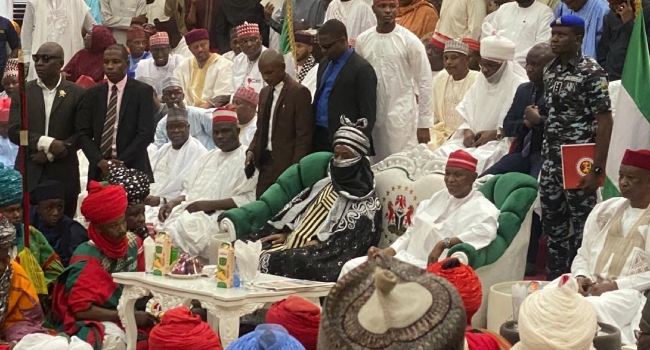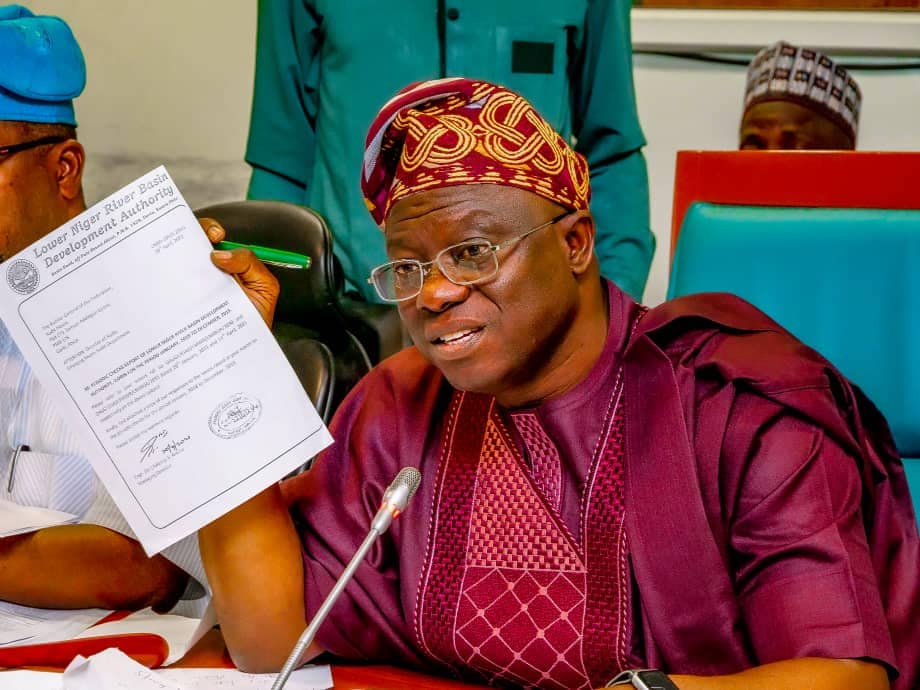
Former President Goodluck Jonathan was a thoroughbred leader, who listened to superior arguments, read all memos sent to him and sought what was best for the country. A former Minister of Finance, Olusegun Aganga, gave the glowing commendation at the Brunei Gallery Lecture Theatre, School of African and Oriental Studies (SOAS), Wednesday night, during the launch of his book, ‘Reclaiming the African Jewel: A Blueprint for Taking Nigeria and Africa from Potential to Posterity’.
Fielding questions from journalist, Nick Kochan, who doubled as compère, the former minister was asked to share some light on his time working with the former president. Aganga began by putting out a caveat, saying: “I was not writing about President Jonathan, but emphasising values.” He said he “met with him fairly regularly” and “some of the meetings ran late.”
Aganga said: “There was never enough money to do all we wanted” but Jonathan always listened, especially if you “appealed to his reasoning.” He cited one of their “fairly regular” meetings, saying: “At about 1:00 a.m., the president asked me to excuse him to catch some sleep.” The author said, surprisingly, “when I met him at 8:00 a.m., he was still in the same clothes” he had on, seven hours earlier. Jonathan, he said, told him that after he (Aganga) left, other matters of national importance came up; hence, he no longer had the luxury of sleeping.
Aganga also disclosed that Jonathan had a habit of reading all the memos and reports left for him on Wednesdays, and that if anything wasn’t clear, “he called in the experts” to get clarifications.
Upon hearing this, Kochan said, perhaps, history had not been kind to Jonathan. The audience erupted in laughter as Aganga replied: “I didn’t write that, but you’re not wrong.” The two-term minister disclosed further: “I found it easy working for him, the reason being: “He was only interested in what is good for the country.”
Commenting on the book before asking Aganga to come on stage, Kochan said: “It contains a large number of practical solutions” and “it is essential reading for anyone who wants to understand African issues.”
In his closing remarks, Nigerian Ambassador to the Court of St James’s (United Kingdom), Sarafa Tunji Ishola, urged Nigerians to be more appreciative of their leaders. He was of the view that “Nigeria is the only country where all the blame goes to the leaders and none to the led.”













